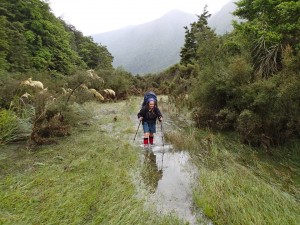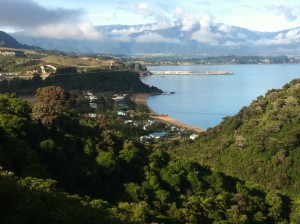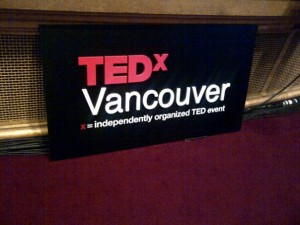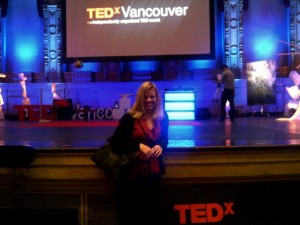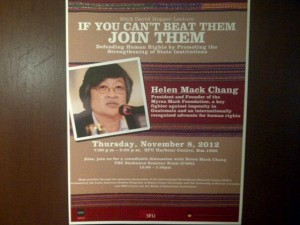This past month holds the record for “the most lawyers I’ve ever spoken to in one month.” I attended the Vancouver Firm Wine and Cheese, firm tours, networking events on and off campus, as well as public interest panels.
You might think I’m a Seasoned Networker by now. I’m not. I still feel it is a little bit of a contrived situation. But, I think the trick to networking is to enjoy it. I was very intimidated at the thought of speaking to lawyers in September. Now, I look forward meeting them. In particular, I like finding out about their journey to becoming a lawyer and why they chose a particular firm or practice area. After speaking with judges, big firm lawyers, legal advocates, and articling students, I’ve come to the conclusion that (1) everyone is different (don’t let the uniformity of well-made firm websites fool you), and (2) they have so much to share – and it isn’t always law-related.
Tip: It truly helps to research firms and organizations before any sort of networking situation to help create a springboard for interesting and helpful dialogue. Thanks to modern technology (Google), this usually entails a quick click to a firm’s website to get an understanding of what they do. Sometimes the research gets more difficult with non-profit organizations, especially the ones without websites. For these, a quick chat with the Career Services Office can help.
While networking, I received an abundance of advice, ranging from time management, career development, to course selection. I learned a little about what it’s like advocating for clients in the downtown eastside, being Crown Counsel, and working on mergers and acquisitions for international and national companies. For those of you who don’t really know what kind of lawyer you want to be, networking is a fantastic way to get a glimpse of the opportunities available. I look forward to those moments when I think to myself, “I could see myself doing that down the road.”
